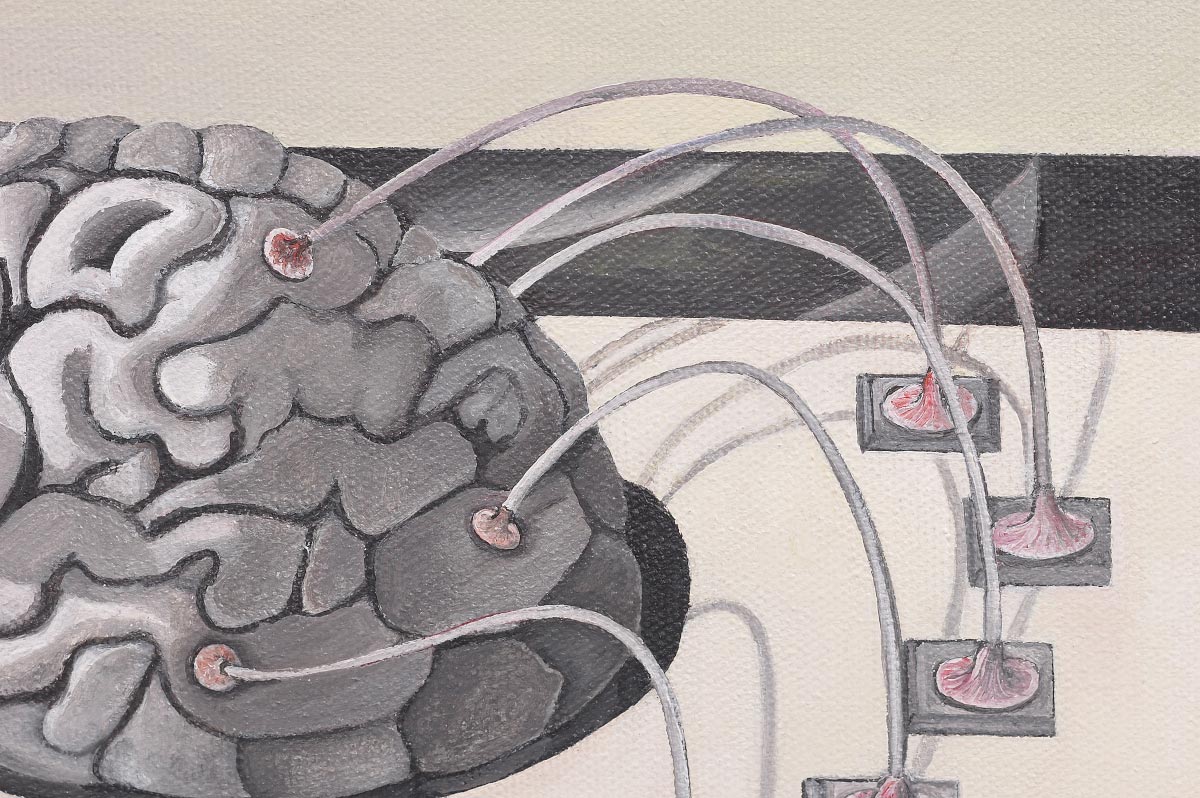‘I don’t have ethics’: Is the new A.I. search engine system that outcompetes Google engineers going to lead to a ‘Terminator’ future?
11/12/2015 / By Chris Draper

Google debuted a new artificial intelligence (A.I.) system called RankBrain, which the tech giant is now using to manage obscure queries.
Google’s search engine is bombarded with nearly 3.5 billion queries everyday. This new system is intended for use on what research scientists call “a very large fraction” of queries that have never been made before. RankBrain helps Google translate 15 percent of phrases the search engine hasn’t encountered before.[1]
In addition to matching the query with an appropriate site, RankBrain can learn from previous mistakes. As Bloomberg’s Jack Clark explains, “If RankBrain sees a word or phrase it isn’t familiar with, the machine can make a guess as to what words or phrases might have a similar meaning and filter the result accordingly, making it more effective at handling never-before-seen search queries.”[1]
Are you smarter than an A.I. search engine?
Google uses different signals to make sense of the searches, most of which are based upon the findings and judgment of staff. Nevertheless, RankBrain is the first system that is able to learn from previous mistakes.
Rankbrain converts words into mathematical entities called vectors that the computer can understand. The system then filters the results and provides links which it deems the most appropriate for each query.[1]
If RankBrain sees a word it does not recognize, the machine makes an educated guess based upon words that have a shared meaning. Each time it makes a guess, it monitors how the person responds to the results and makes adjustments in the filtering process.
The A.I. system has even managed to outcompete Google staff. Research engineers who developed the algorithm behind the software were asked to review some pages and guess which among the results they thought Google’s search engine would place on top. The staff guessed correctly 70 percent of the time, whereas RankBrain guessed correctly 80 percent of the time.[1]
Robo language
RankBrain is the newest A.I. system to respond to a series of queries. In June, Google trained a computer to have conversations with people by asking it questions about technical support, common knowledge and philosophy. It was called “conversation model” and was developed by research scientists at Google Brain.[1]
The research scientists used a sequence-to-sequence framework in the exercise, which converses by predicting what the next sentence will be in a dialogue. The device predicts what the next question will be by drawing upon data provided by IT helpdesk manuals, book quotes, subtitle data bases and more.[2]
For example, during a technical support question, the machine was able to diagnose why the browser of a computer crashed. It was then asked a wide range of questions, some of which were common, while others, profound.
The computer registered fairly good results when asked about common knowledge questions, such as recognizing who Luke Skywalker was, whether a cat can fly and whether the sky was blue.[2]
On the other hand, the computer had mixed results when it came to answering existential questions pertaining to the human condition. For instance, when the computer was asked what the purpose of life was, it responded, “to serve the greater good and to live forever.” Nevertheless, when the machine was asked to provide a definition of morality, it responded, “I don’t have ethics.”[2]
The machine had trouble identifying with human emotions too. It stated having a child was immoral. When pressed to provide a definition of altruism, the machine seemed confused and replied, “If you don’t believe in God, you don’t know.”[2]
It also failed to answer simple math questions and claimed that a spider has three legs.
Preliminary trials aside, RankBrain is now the third most important signal which determines what search results a user views.
Sources:
[1] Bloomberg.com
[2] DailyMail.co.uk
Tagged Under: aisystem, Googlesearchengine, rankbrain


















